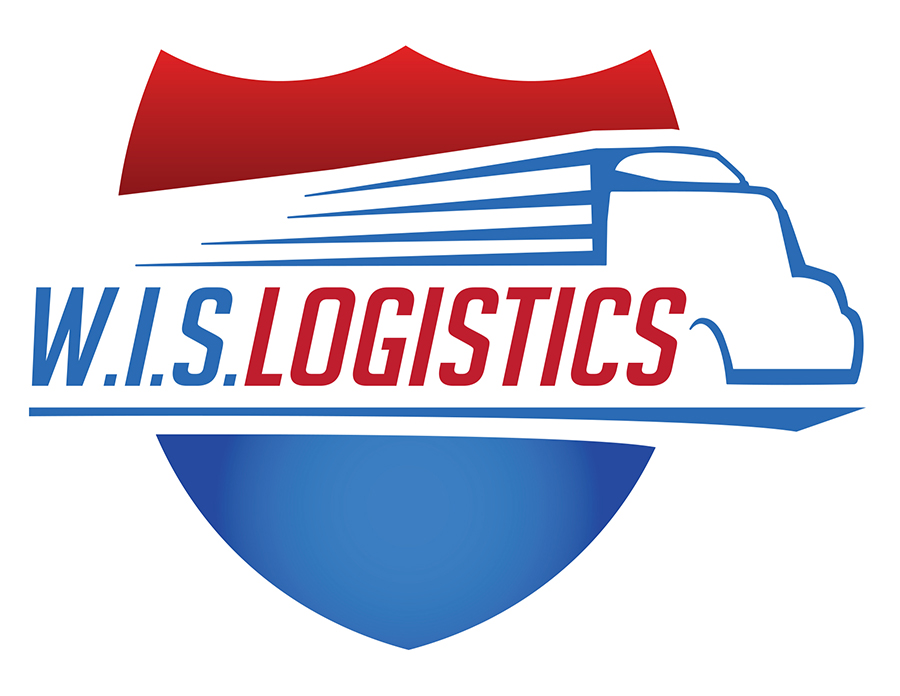Our logistics experts at W.I.S. Logistics help provide custom solutions to fit your supply-chain needs. One of the benefits of working with our experienced team, is our excellent customer service. We’re here to answer any questions along the way. And here are answers to five of the most common questions we hear:
What is a 3PL?
A 3PL is a third-party logistics company that provides a single service or collection of services that manages multiple parts of a company’s transportation and supply chain.
What is NMFC?
NMFC stands for National Motor Freight Classification. NMFC is used to classify freight and was developed to establish fair measures and standardize LTL freight pricing. NMFC codes relate to specific commodities within each of the 18 freight classes.
What is an accessorial?
Accessorial freight charges are fees added to a shipper’s freight invoice for services the freight carrier performed beyond the standard pick-up and delivery operation designated at the time a shipment was tendered. Examples of common accessorial fees are:
- Liftgate
- Inside delivery
- Driver assists in loading/unloading
- Residential delivery location
- Reclass
- Reweigh
What’s the difference between LTL, partial truckload, and truckload?
LTL stands for less-than-truckload. LTL focuses on smaller shipments, usually up to 14 feet of truck space. When an LTL shipment starts to exceed a certain volume – we evaluate a variety of parameters such as: what type of product we are moving, the pickup and delivery requirements, value and weight. We can then decide if a partial truckload option would be more beneficial. A partial truckload is a shipment that takes less than a full truck, so carriers will charge a lower rate than full truckload, since it will be riding with other freight.
In an LTL environment, the freight could transfer through several terminals, whereas in a partial shipment it may only move once, rarely twice and sometimes not at all.
Full truckload, sometimes abbreviated as TL or OTR shipping, has exclusively reserved the full capacity of the truck.
What does a freight broker do?
A freight broker serves as a point of contact for shippers needing freight moved and a wide network of carriers who need to fill their trucks. They focus on the shipments which allows the traffic managers/departments to focus on other necessary duties. A freight broker not only has expansive carrier networks, but they also work to build relationships with all parties involved to find the best solutions for their shippers. With knowledge and experience in moving difficult freight, they are well positioned to assist with complex loads. Working with a freight broker is often like having a dedicated shipping department without as large of an expense. Quality freight brokers, such as W.I.S. Logistics, utilize best practices and keep updated on industry trends and concerns.
Contact us today to learn more about our logistics process, and to see how our experts can help make your supply chain run more efficiently.
